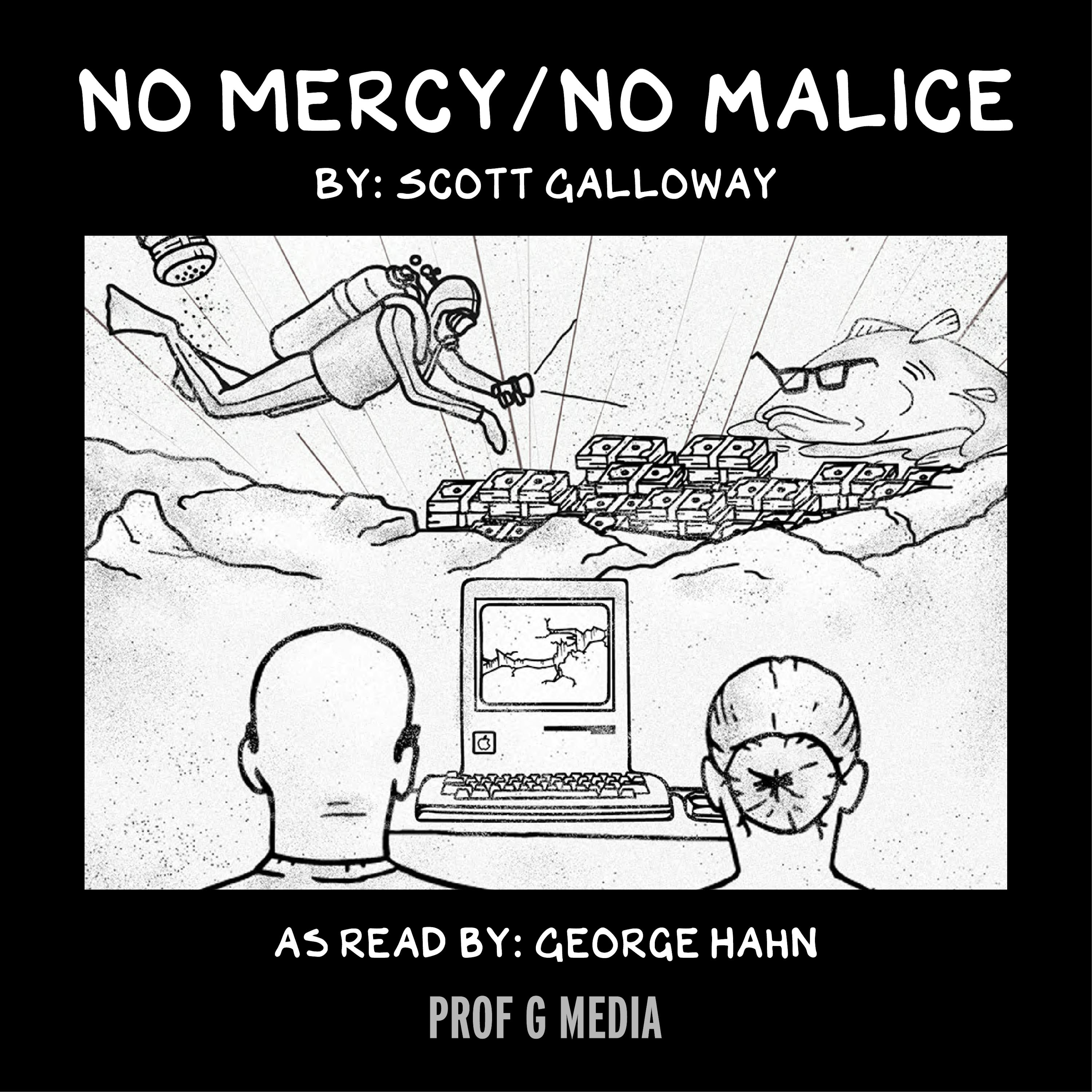America’s New Age of Political Violence — with Barbara F. Walter
Scott speaks with Barbara F. Walter, professor at UC San Diego and author of How Civil Wars Start, about what the Charlie Kirk assassination reveals about America’s political future. They discuss how leaders exploit crises, why the U.S. is at higher risk of civil unrest, and how social media and young men fit into the rise of political violence. Barbara also shares what can be done to strengthen democracy and reduce the risk of conflict.
Follow Barbara F. Walter’s Substack, Here Be Dragons: Warning Signs from the Edges of Democracy.
Learn more about your ad choices. Visit podcastchoices.com/adchoices
Follow Barbara F. Walter’s Substack, Here Be Dragons: Warning Signs from the Edges of Democracy.
Learn more about your ad choices. Visit podcastchoices.com/adchoices
Press play and read along
Transcript
Transcript is processing—check back soon.
The Prof G Pod with Scott Galloway — America’s New Age of Political Violence — with Barbara F. Walter





